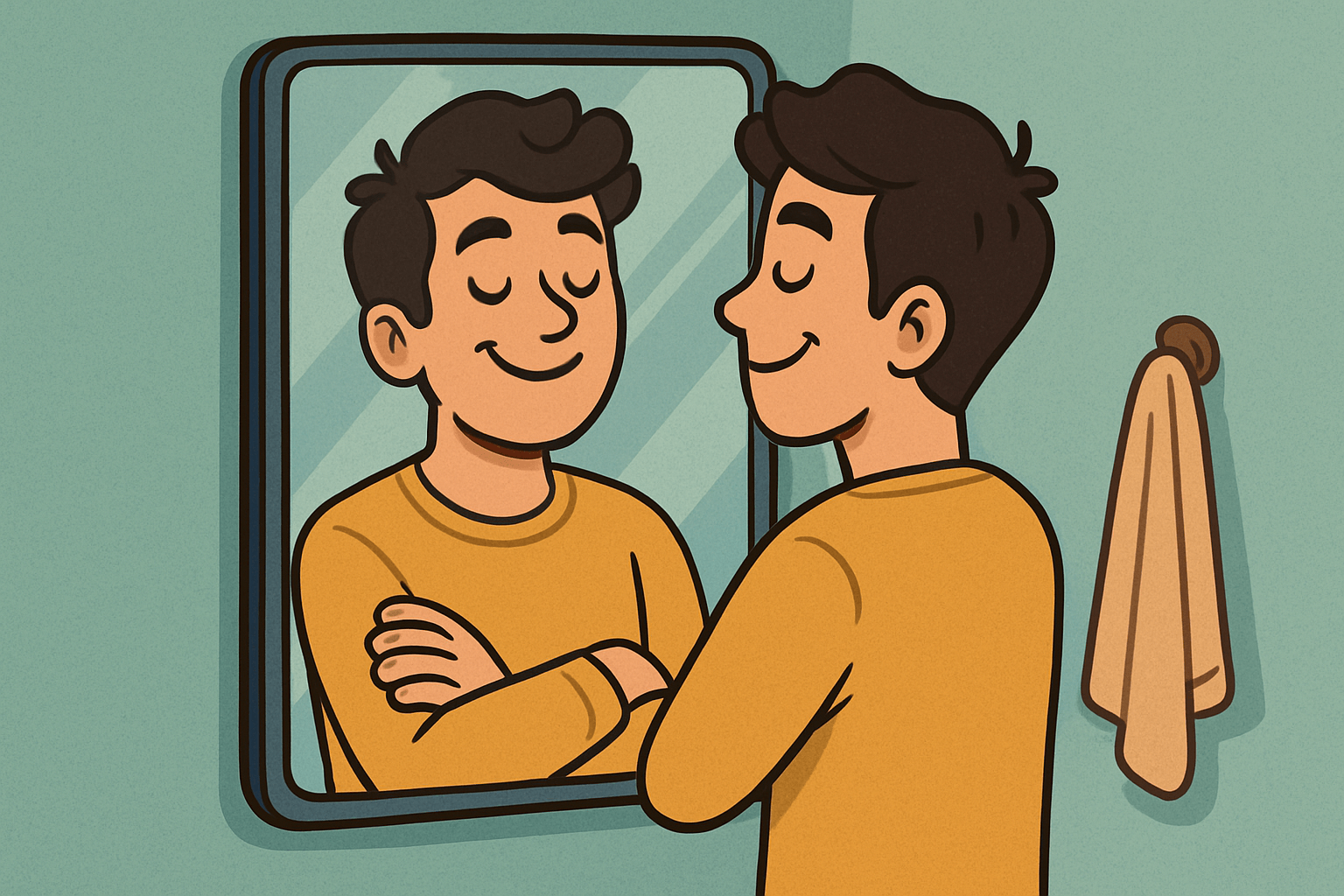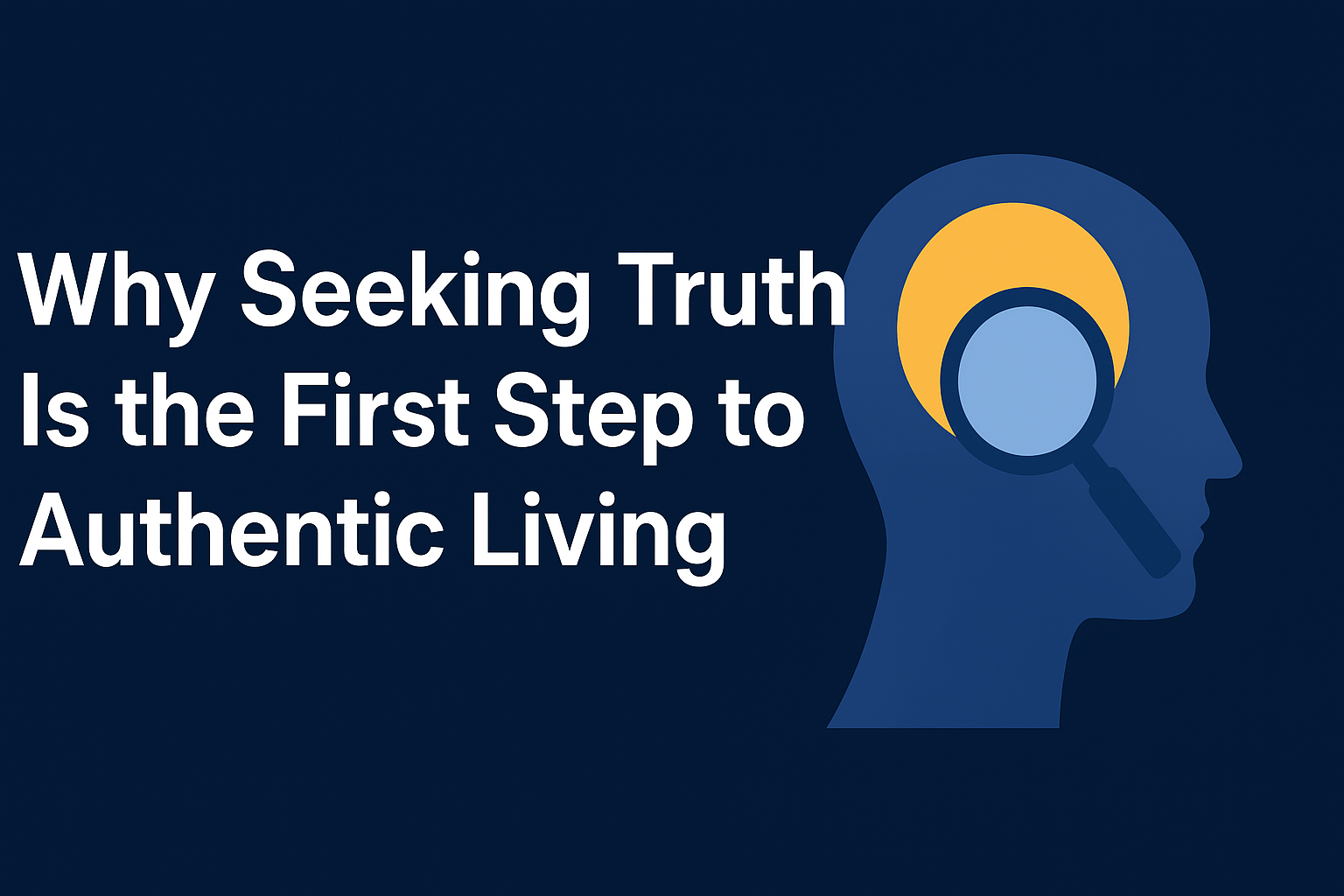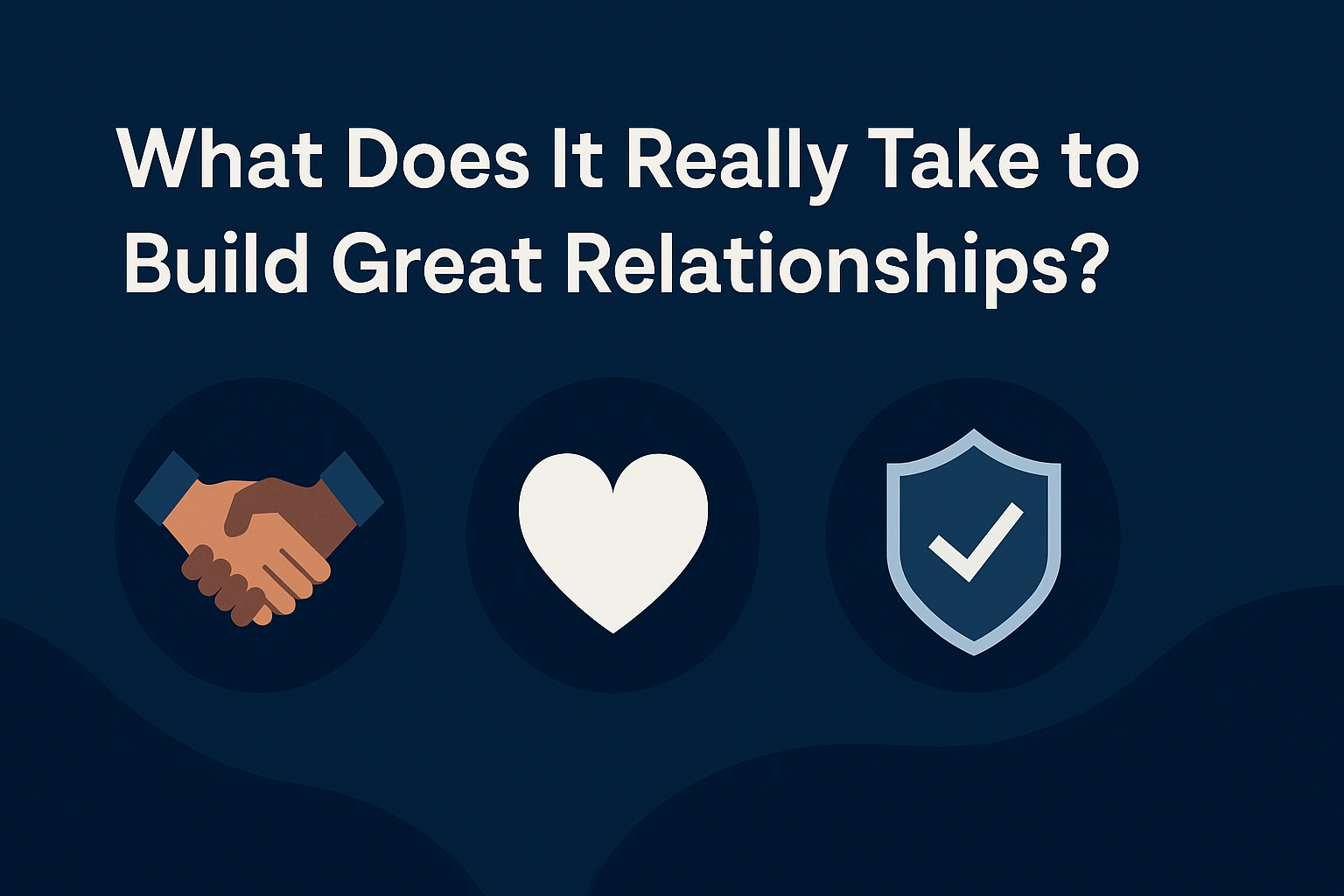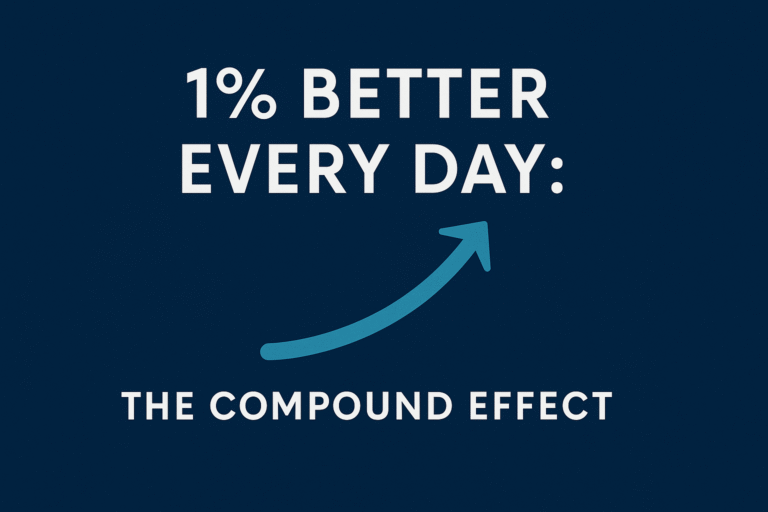We’ve all felt it—those moments when being our true selves seems to go against everything the world expects. Whether it’s at work, with friends, or even around family, the pressure to conform is real. But learning how to be yourself—authentically, unapologetically—is one of the most freeing decisions you can make.
Let’s break it down in a way that feels real, relatable, and actionable.
Why It’s Hard to Be Yourself
Society Loves a Mold
From childhood, many of us are taught to color inside the lines. We’re told to behave, dress, speak, and think in ways that align with “what’s acceptable.” Social media doesn’t help either—it promotes curated perfection that can make individuality feel like a risk.
I remember back in high school trying to fit in with a group of athletes, even though I was more of a creative introvert. I forced myself to talk about things I didn’t care about just to be liked. Spoiler: it didn’t work, and I felt completely drained. That experience taught me the high cost of not being yourself.
What Does It Actually Mean to Be Yourself?
Being yourself means embracing your quirks, values, interests, and voice—even if it doesn’t align with what’s popular. It’s not about being rebellious or doing the opposite of what people expect; it’s about being aligned with your own identity and making decisions from a place of clarity and confidence. Simply waking up and feeling good in your own skin.
How to Be Yourself: A Step-by-Step Framework
1. Know Who You Are
Before you can be yourself, you have to know yourself.
- What do you care about?
- What energizes you?
- What drains you?
- What values do you want to live by?
Try journaling or reflecting for 10 minutes a day about what you believe, what matters to you, and how you want to show up in the world. Clarity here creates a foundation for everything else.
“Knowing yourself is the beginning of all wisdom.” — Aristotle
2. Notice When You’re Faking It
We all adapt a little in different settings—but when you find yourself completely hiding your opinions, personality, or style just to fit in, that’s a red flag.
Start by observing moments when you’re “performing.” Ask yourself:
- Am I doing this because I want to or because I feel I have to?
- What would I do if I weren’t worried about judgment?
Awareness is the first step toward change.
3. Start Small and Practice Authenticity
You don’t have to make a grand announcement saying, “Hey world, this is the real me!” Instead, begin with small actions:
- Wear something that expresses your personal style
- Share an honest opinion in a meeting
- Say no to something you don’t want to do
Each time you honor your authentic self, you build self-trust.
4. Surround Yourself With the Right People
It’s hard to be yourself around people who constantly make you feel “too much” or “not enough.” Start evaluating your circle.
Ask yourself:
- Who do I feel most comfortable around?
- Who celebrates me for who I am, not who they want me to be?
Creating a support system of real, nonjudgmental people is critical.
5. Detach from External Validation
This is one of the hardest parts. So much of our self-worth can get tied up in likes, praise, or social approval. But learning how to be yourself means being okay with not being everyone’s favorite.
The truth is, not everyone will vibe with you, and that’s okay. What matters more is whether you vibe with you.
6. Embrace the Awkwardness
Sometimes being yourself feels uncomfortable, especially if you’re used to people-pleasing. But like building any new habit, it takes repetition.
I remember the first time I admitted to a new friend that I was into personal development and fitness instead of parties and nightlife. I half expected him to laugh—but instead, he said, “That’s cool, I’m actually into the same stuff.” That moment reinforced the power of honesty and connection. We have kept our friendship ever since. The truth is, there are people out there just like you. It’s easy to feel like you’re alone and there is no one just like you.
The Benefits of Being Yourself
- More Energy: Pretending takes effort. Authenticity is energizing.
- Stronger Relationships: Real connection only happens when you’re honest.
- Greater Success: People who own who they are stand out—and that’s a good thing.
- Mental Peace: No more guessing games or social anxiety. Just peace of mind.
Final Thoughts: Give Yourself Permission
At the end of the day, how to be yourself starts with giving yourself permission. Permission to not be perfect. Permission to evolve. Permission to stand out. The world doesn’t need another copy—it needs your originality. There will only be one of you.
So take a breath. Let go of the performance. And start showing up exactly as you are—flaws, weirdness, brilliance, and all.
You’re more than enough already.
Works Cited:
- Brown, Brené. The Gifts of Imperfection. Hazelden Publishing, 2010.
- Pressman, Sarah. “Being Yourself: The Science of Authenticity.” Psychology Today, 2019. www.psychologytoday.com





